Deck & Commander Strategies
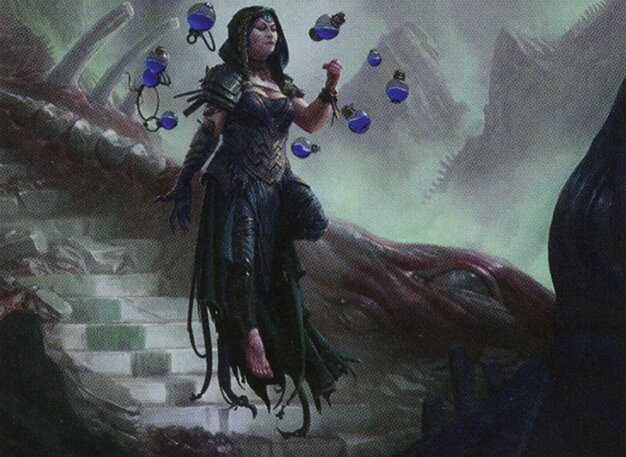
Kess, Dissident Mage
Utilizes efficient instant and sorcery spells combined with recursion from Kess to control the board and generate card advantage, aiming for a combo or storm finish leveraging tutors and mana acceleration.
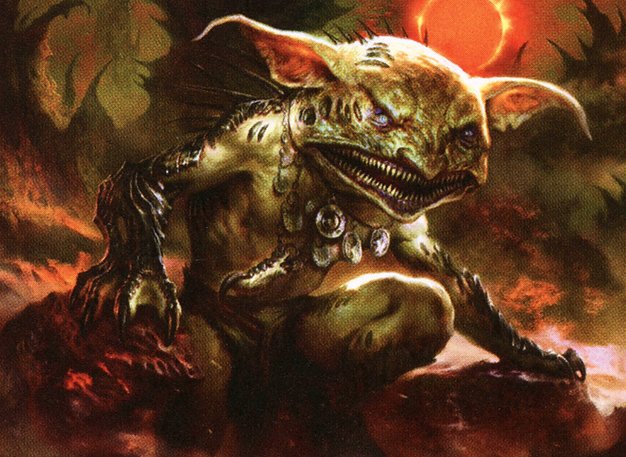
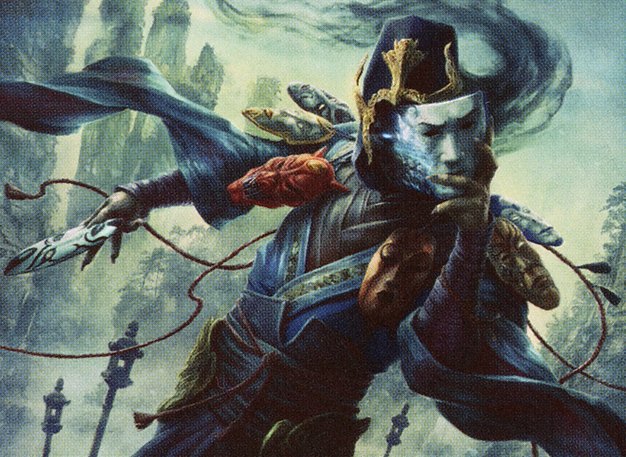
Krark, the Thumbless + Sakashima of a Thousand Faces
Focuses on coin flip mechanics and copying spells to generate chaotic and high-value interactions, disrupting opponents through repeated spell effects and leveraging interaction to protect key plays.

The Locust God
Leverages continuous card draw from creature damage and spells to refill hand resources, aiming to overwhelm opponents through incremental advantage and token generation.
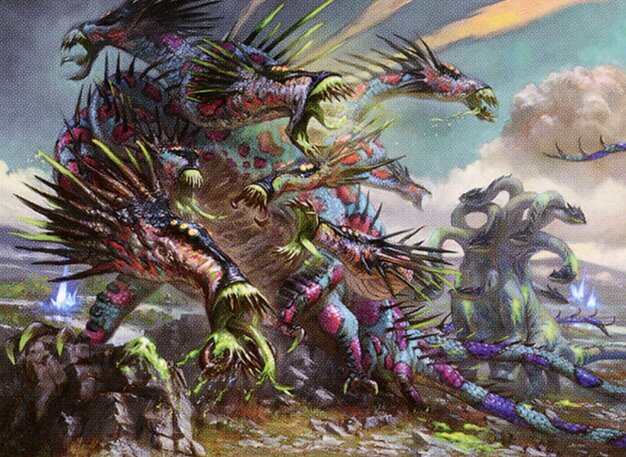
Zaxara, the Exemplary
Builds a board presence through artifact synergies and hydra tokens, using powerful spells like Thousand-Year Storm to generate massive value and create overwhelming threats.
Gameplay Insights
- 1
Players heavily prioritized mana acceleration and hand refilling early to enable complex spell interactions and combos.
- 2
The use of Fierce Guardianship doubled critical responses, creating layered stack interactions that required precise timing and sequencing.
- 3
Ken’s Krark and Sakashima deck exploited copying and coin flipping to disrupt opponents and protect key spells, showcasing the power of chaotic synergy in cEDH.
- 4
Zaxara’s Thousand-Year Storm and hydra token generation posed a significant threat that demanded immediate answers from opponents.
- 5
Players managed their responses carefully to avoid leaving open opportunities for snap triggers or key combo pieces to resolve.
- 6
The gameplay revolved around intricate counterspell battles and tutor chains, exemplifying the high complexity and interaction expected in competitive EDH environments.
Notable Cards
-

Fierce Guardianship
-
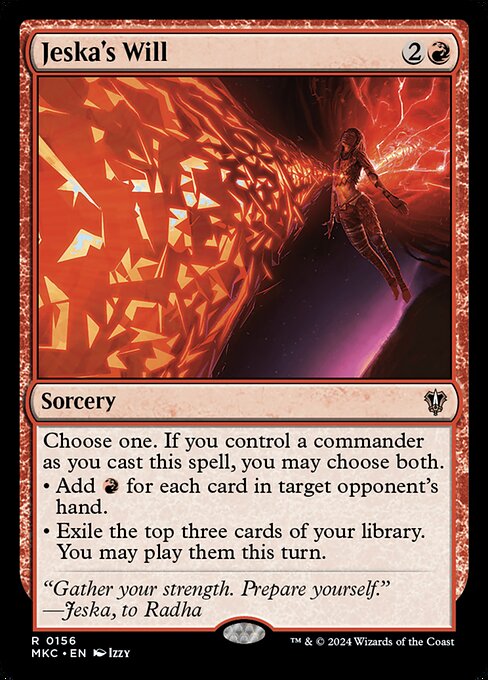
Jeska's Will
-

Mana Crypt
-
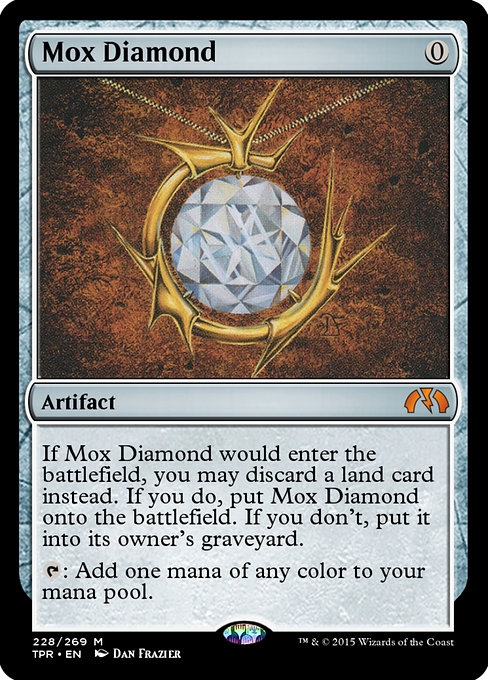
Mox Diamond
-
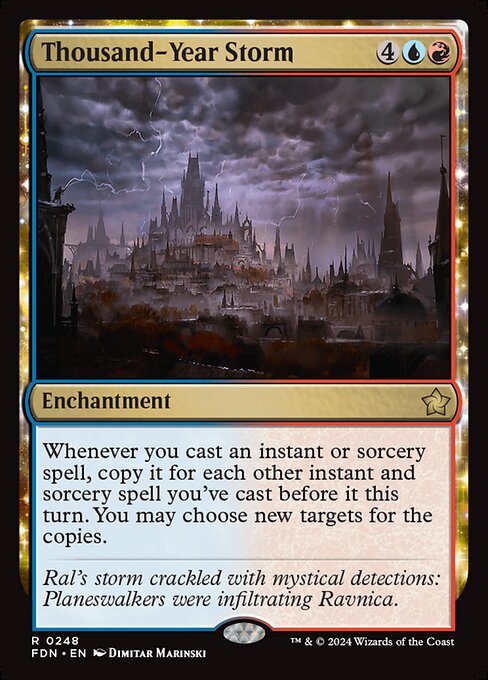
Thousand-Year Storm
-

Dockside Extortionist
-

Ponder
-
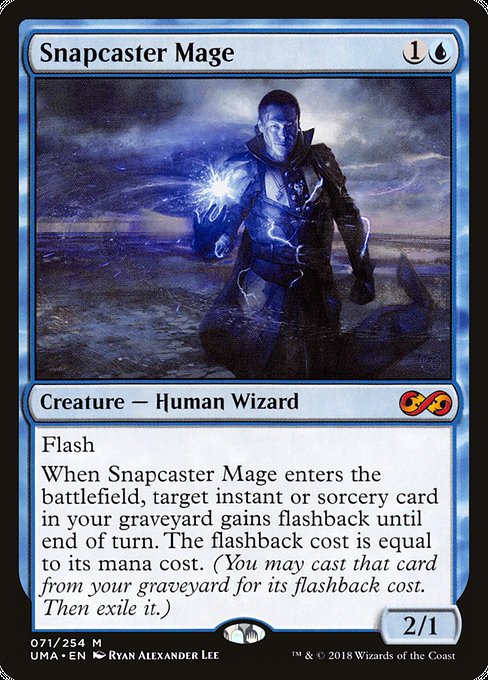
Snapcaster Mage
-
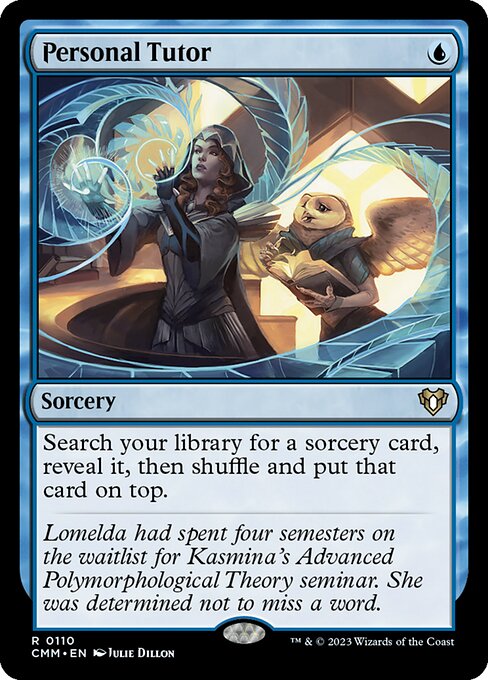
Personal Tutor
-
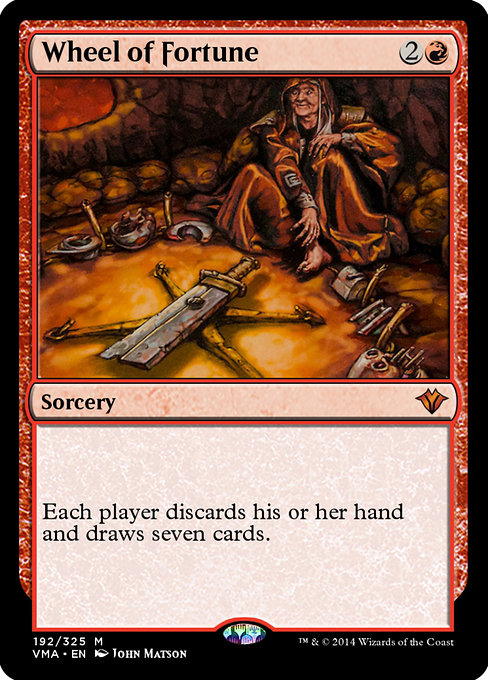
Wheel of Fortune
Gameplay Summary
The game began with players carefully setting up their mana and early plays, with key ramp spells like Mox Diamond, Arcane Signet, and Mana Crypt appearing quickly to accelerate their strategies.
Kess, Dissident Mage focused on controlling the stack and digging through her deck with spells like Personal Tutor and Jeska's Will, aiming to fuel a powerful spell-slinging combo or storm finish.
Meanwhile, Krark and Sakashima's deck revolved around coin-flipping synergy and copying spells, creating volatile board states and interaction.
The Locust God player leveraged card draw engines and incremental value, while Zaxara aimed to build a board with hydras and artifact synergies, using powerful spells like Thousand-Year Storm to generate explosive turns. A key turning point came when fierce Guardianship was cast, doubling responses and triggering complex stack interactions.
Ken's Krark x Sakashima deck utilized multiple copies and responses to disrupt opponents and protect their plays.
The game saw multiple counterspells, tutors, and wheel effects, which both refilled hands and reshaped board states.
Tensions rose as players carefully managed their mana and spell sequencing, with a notable moment involving a Thousand-Year Storm and hydra tokens that threatened to swing the game.
Despite heavy disruption, Kess maintained pressure with efficient spells and resource management, while the other players jockeyed for position in a dynamic and highly interactive midgame.
The game was characterized by tight stack interactions, counter wars, and strategic timing of spells, with players leveraging their commanders’ unique abilities to outmaneuver opponents and set up win conditions.






















![This Time, It's Personal! [Commander VS] | Magic: the Gathering Commander Gameplay thumbnail](https://i.ytimg.com/vi/VibCoKEPrWU/sddefault.jpg)






![Commander VS S16E7: The Locust God VS Horde of Notions VS Tatyova VS Balan [EDH] thumbnail](https://i.ytimg.com/vi/yqrnU70Qx6I/sddefault.jpg)












